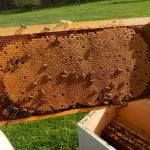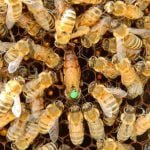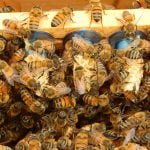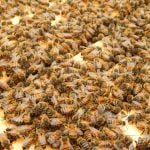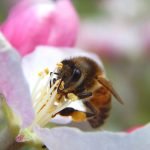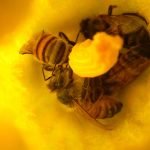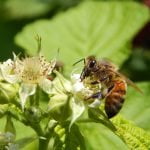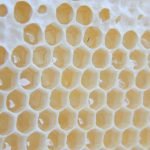About Our Stock
Breaking Free from Pesticide Dependency
We have been providing honeybees in the form of nucleus colonies (“nucs”) to local folks who need bees since 2011. Customers continue to report great success, productivity, and gentleness from our stock.
One of our primary selection criteria has been varroa resistance. There are many traits through which honey bees can deal with varroa mites. Regardless of the methods and traits involved, such as brood development time, varroa sensitive hygiene, mite biting, altruistic sacrifice of infested bees, or other traits not yet understood, the important thing is that the bees maintain low mite levels. At Honey Glen we regularly track the mite levels of our colonies to select those with the lowest levels for breeding. We have also selected for mite-biting behavior, in which the bees actually bite the legs off the mites, and have found this trait to be strong in some of our breeder colonies. By starting with the most mite-resistant stock we could find, we did not need thousands of colonies to begin our breeding process.
Carefully-selected Queens
Varroa resistance is only part of the picture. Our selection criteria also includes gentleness, vigor, productivity, and wintering ability. The bees we breed from have been raised here in the mountains for many generations. Our breeding areas are isolated enough from other beekeepers that we are able to allow natural mating of queens and provide drone yards to maintain control over the breeding process.
Our bees have been practically free of all mite treatments since 2010 and during the same time period our average winter losses have been below 35%. All tests have shown our colonies to be free of Nosema, and we have never had Chalkbrood or American Foulbrood in any of our colonies. If we encounter a brood issue like EFB, we have found re-queening, shook swarms, and sanitation to work better than antibiotics. Our hives are inspected by the WV Department of Agriculture annually.
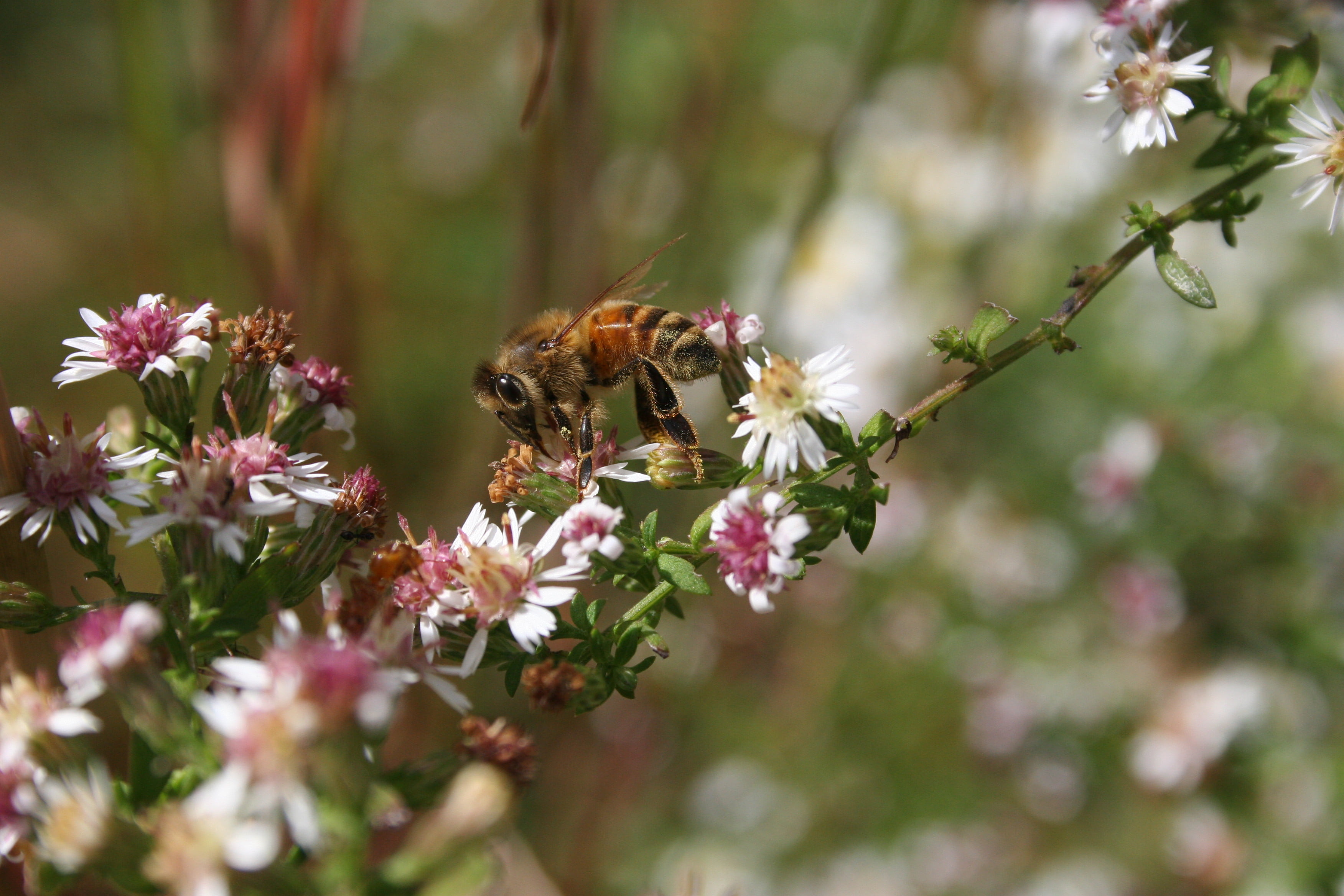
“Over the last 7 years we have treated less than 4% of our colonies with any mite treatments whatsoever, and during the same time period our average winter losses have been below 35%.”
“…I wanted to let you know that the three nuc splits I picked up from you back in May are going strong, filling their hive bodies and looking really good. Thanks for the strong splits!“
Organic Grower in West Virginia
“We got home the other evening and got the 2 nucs in the hives… Today was my first chance to check them out. Marked Blue queens look great (marked well and look like Carniolan)
“Hives Temperament was A+. Brood pattern was A+ (3 full frames in each). I am very pleased.“
We believe that the beekeeping industry will never break free from dependence on pesticides if we continue using them. Furthermore, we have a hunch that treating for mites tends to select for more aggressive mites and more susceptible bees over time. According to Bee Informed Partnership, the threshold at which mites destroy a colony has been getting lower; in other words it takes fewer mites to damage a colony now than in the past. We would like to use nutrition and genetics to do as much of the mite-fight as possible.
- Capped brood. Photo by Michael Staddon, Salem, WV
- Marked queen. Photo by Michael Staddon, Salem, WV.
- Queen cells. Photo by Michael Staddon, Salem, WV.
- Full hive. Photo by Michael Staddon, Salem, WV.
- Bees make apples. Photo by Michael Staddon, Salem, WV.
- Bees make pumpkins. Photo by Michael Staddon, Salem, WV.
- Bees make berries. Photo by Michael Staddon, Salem, WV.
- Bees make honey. Photo by Michael Staddon, Salem, WV.
Break Free of the endless Treatment Treadmill!
About Honey Glen
We’ve got bees and honey! We provide our local area of north-central West Virginia with honey, and help other folks get started with beekeeping too. We believe our honey is the best that money can buy for our local area. Learn More »
"Pleasant words are as an honeycomb, sweet to the soul, and health to the bones." ~ Proverbs 16:24
